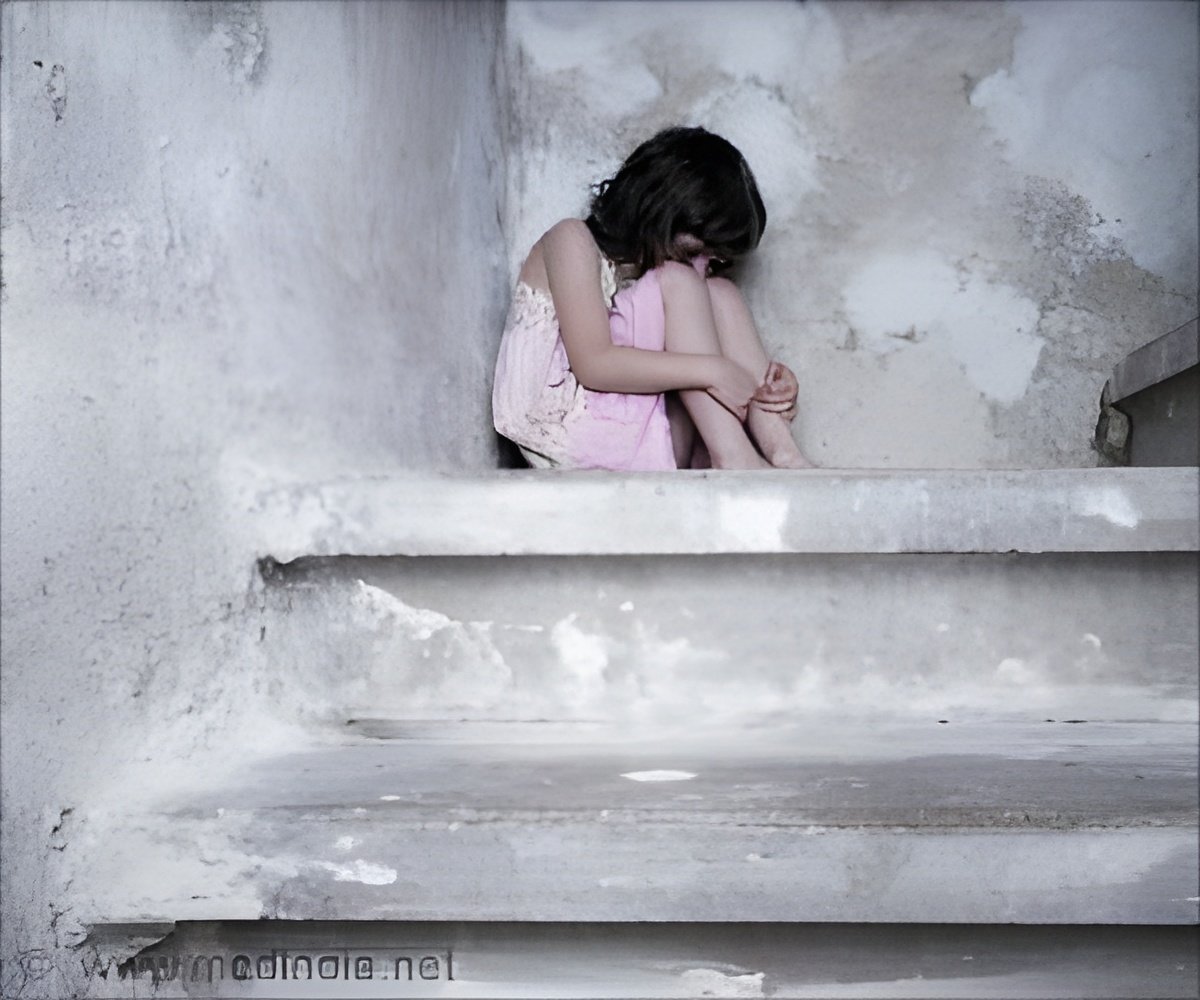Parents are highly likely to blame and doubt their children when their child has been sexually abused by another teenager rather an adult, states new research.

"Parents may feel their child could have done something to prevent any association with a troubled adolescent. Some parents might consider sexual acts between those close in age to be consensual and discount the possibility of abuse," Walsh said.
The research was conducted by Walsh; Lisa Jones, research associate professor of psychology at the Crimes against Children Research Center; and Theodore Cross, research professor at the Children and Family Research Center at the University of Illinois at Urbana-Champaign, IL.
The research is presented in the February 2012 issue of the Journal of Interpersonal Violence in the article "Do Parents Blame or Doubt Their Child More When Sexually Abused by Adolescents Versus Adults?"
The researchers analyzed 161 cases of child sexual abuse in which the suspect was 12 or older and the child victim was 5 or older. The cases were part of data collected by Children's Advocacy Centers in 10 communities in Alabama, Pennsylvania, South Carolina, and Texas.
The researchers also found parents had significantly higher levels of blame and doubt as the victim's age increased and when children were black.
"It is concerning that mothers of black children had significantly higher levels of blame and doubt. It may be that there are particular ethnic and cultural factors that contribute to expressions of more blame and doubt by parents when a child has been reported as a possible sexual abuse victim. It also is possible that unmeasured factors, such as socioeconomic status, could contribute to the identified differences. More research is needed to help explore how blame and doubt is associated with race/ethnicity," Walsh said.
Previous studies by the UNH Crimes against Children Research Center of sex offenses against minors show that 36 percent of the offenses were committed by juveniles. Other research estimates up to 50 percent of known cases of child abuse involve an adolescent male perpetrator – estimates the researchers consider conservative given the reluctance to report adolescent sex offenders, many of whom who are related to the victim.
"The results of this study suggest that parents view this particular type of sexual abuse differently from that committed by an adult who is 20 years older than the victim. Given these findings and the high rates for illegal sexual behavior committed by adolescents, more needs to be done to educate parents and professionals about the rates of adolescent sexual abuse and why adolescents might be engaging in this type of behavior," Walsh said.
Source-Eurekalert












